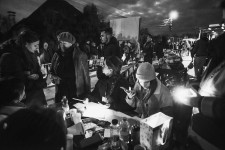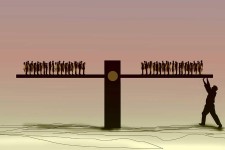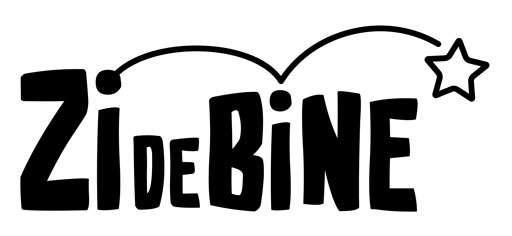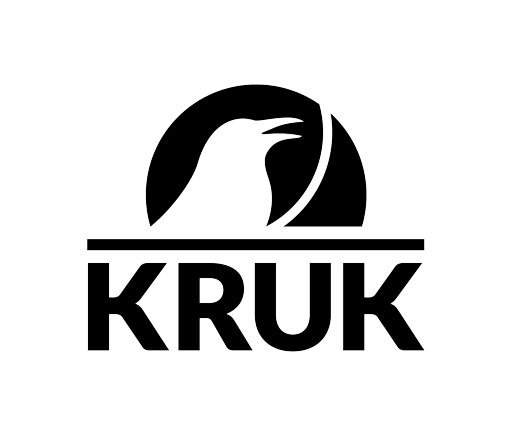NATO head in Kiev
Just days after Russian President Vladimir Putin's footage emerged, of him visiting troops in Russian-occupied regions of southern and eastern Ukraine, NATO Secretary General Jens Stoltenberg made what was seen as a "high-risk" visit to the Ukrainian capital. The two events come as Ukraine prepares for its most difficult military operation yet: a major counteroffensive to break through entrenched Russian lines in eastern Donbas and southern Kherson. A Skynews analysis published on Thursday, 20th of April, tries to explain what the NATO chief's visit to Kiev means and how it will influence the fate of the war.
Is a new Maidan still possible?
Although no one can predict at this point when and to what conditions the war might end, there are more and more voices expecting that, once it does, Ukraine will witness a new Maidan. People will demand rapid change, they will expect money and justice and the implementation of the reform they called for in 2014, and they will expect it to happen quickly. All this, accordinga former Ukrainian official, who wished to remain anonymous, out of concern about undermining the war effort and providing fodder for Russian propaganda. Even though President Zelenskyy is wildly popular at the moment, things could change rapidly once the war is over, some experienced observers argue, just as they did shortly after the current president was elected with a landslide majority, in 2019. What are the chances Ukraine will go through another "orange revolution", politic.com reports in an analysis published last week.
Wagner Group and China's game in the conflict in Ukraine
The Russian mercenary group Wagner, which fights on Russia's behalf in Ukraine, tried to secure weapons from China earlier this year but was turned down, according to Financial Times, (via businessinsider.com), citing recently leaked secret US documents. The information reinforces China's repeated official statements about its neutrality in the Ukraine conflict. But Kiev's Western allies remain sceptical about Beijing's real intentions, given that it has so far avoided any criticism of the Russian invasion of Ukraine. Moreover, last Tuesday, Chinese Defence Minister Li Shangfu praised President Vladimir Putin for what he described as his efforts to "promote world peace".
War sweet war
Russian military launched a video campaign to attract more professional soldiers to fight in Ukraine, challenging those interested to show they are "real men" and swap mundane civilian life for the battlefield. About Kremlin's new attempts to increase the rate of mobilisation for war among Russian men, the US news agency Reuters writes in a report published last Friday. So far, about 43,000 Russians were killed in the war in Ukraine, according to an estimate recently released by the US Defense Intelligence Agency, and tens of thousands of Russian men have left the country to escape conscription.
Why more countries turn neutral?
More than a year into the war, the number of countries denouncing Russia has fallen and Kiev's efforts to build a global consensus against Russia appear to have stalled, with many countries opting for neutrality. This stance has long been an important part of the political identity of countries such as India and Brazil. However, neutrality could be a difficult option as conflict situations become more acute, particularly in the context of the West's provision of direct investment, humanitarian and development aid to many non-aligned states. But where does the reluctance of many democratic countries to support Ukraine come from, The Conversation explains in a recent analysis.
Romania, among the top fuel suppliers to Kiev
Romanian diesel exports to Ukraine account for almost a quarter of the average monthly domestic demand, with Romania becoming Kiev's largest supplier in March, overtaking Poland. As far as gasoline is concerned, Romania has been the largest supplier to Ukraine since January, with a volume representing a third of Kiev's total imports, according to an analysis provided by profit.ro. The report says Romania's fuel exports to Ukraine increased 30-fold last year, to almost 1 million tonnes, while another 250,000 tonnes of fuel transited Romania to Ukraine, 96 times more than in 2021.
Odessa does not believe in tears
The city that Putin most likely wanted to turn into the capital of the so-called Novorossiya project continues to live and laugh, despite the bombings and the darkness in which it sinks for hours and days. Moreover, tens of thousands of people flocked to Odessa from Russian-occupied areas - and see the city as a bastion of stability compared to their devastated homes. "Here it's a shame to complain," locals say. Read Al jazeera's coverage of this Black Sea port city, once considered the most cosmopolitan city in the Tsarist Empire and the USSR, or the "New Orleans of Eastern Europe."
Easter traditions
A photoreport on Easter traditions in Ukraine.

















